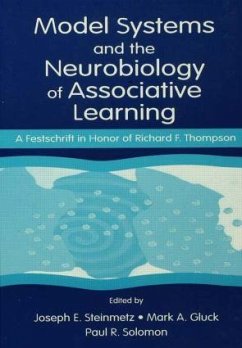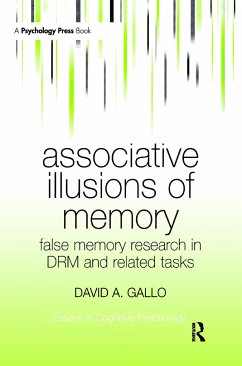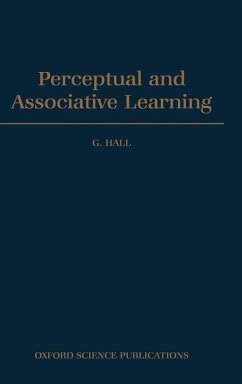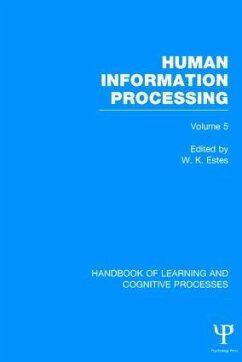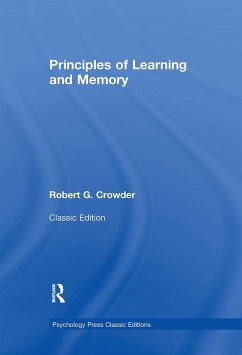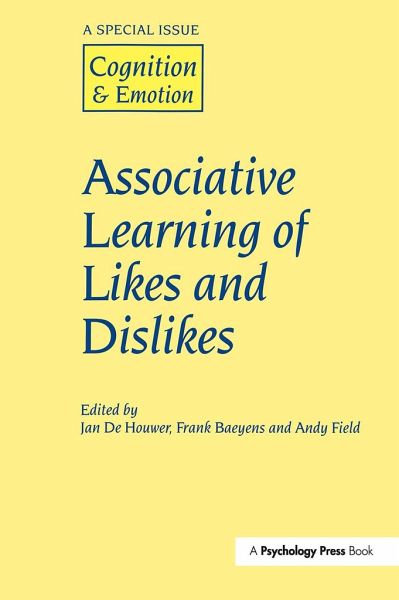
Associative Learning of Likes and Dislikes
A Special Issue of Cognition and Emotion
Herausgeber: de Houwer, Jan; Field, Andy; Baeyens, Frank
Versandkostenfrei!
Versandfertig in 1-2 Wochen
93,99 €
inkl. MwSt.

PAYBACK Punkte
47 °P sammeln!
In this special issue, we focus on associative learning of likes and dislikes, that is, changes in liking that are due to the pairing of stimuli.





